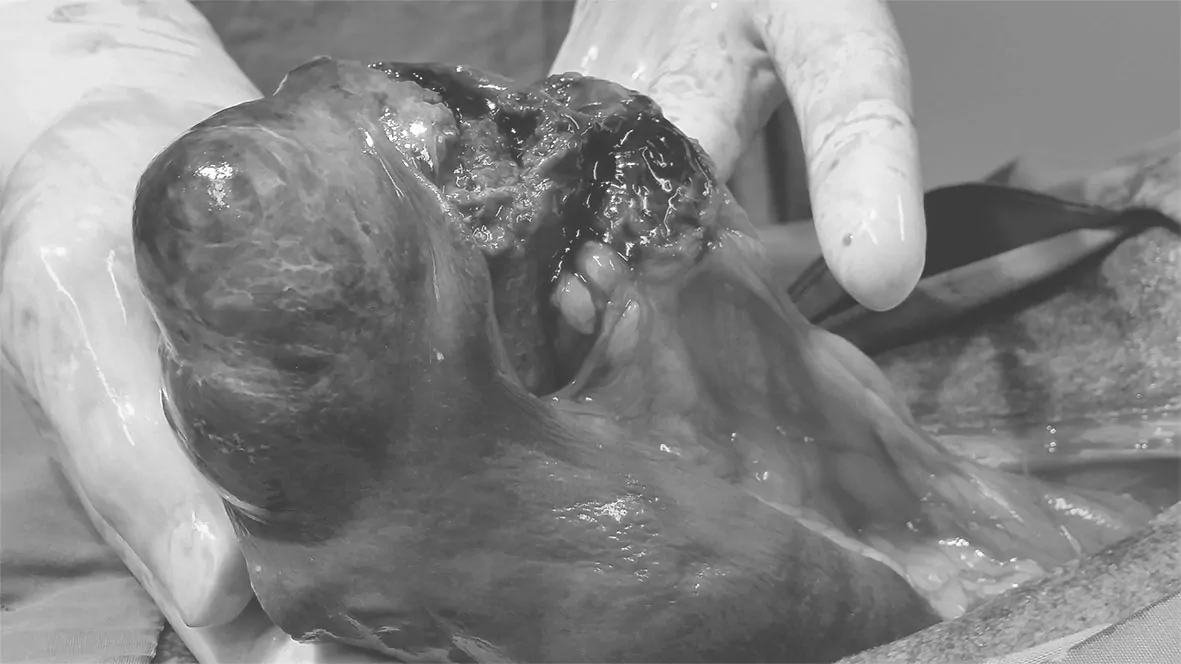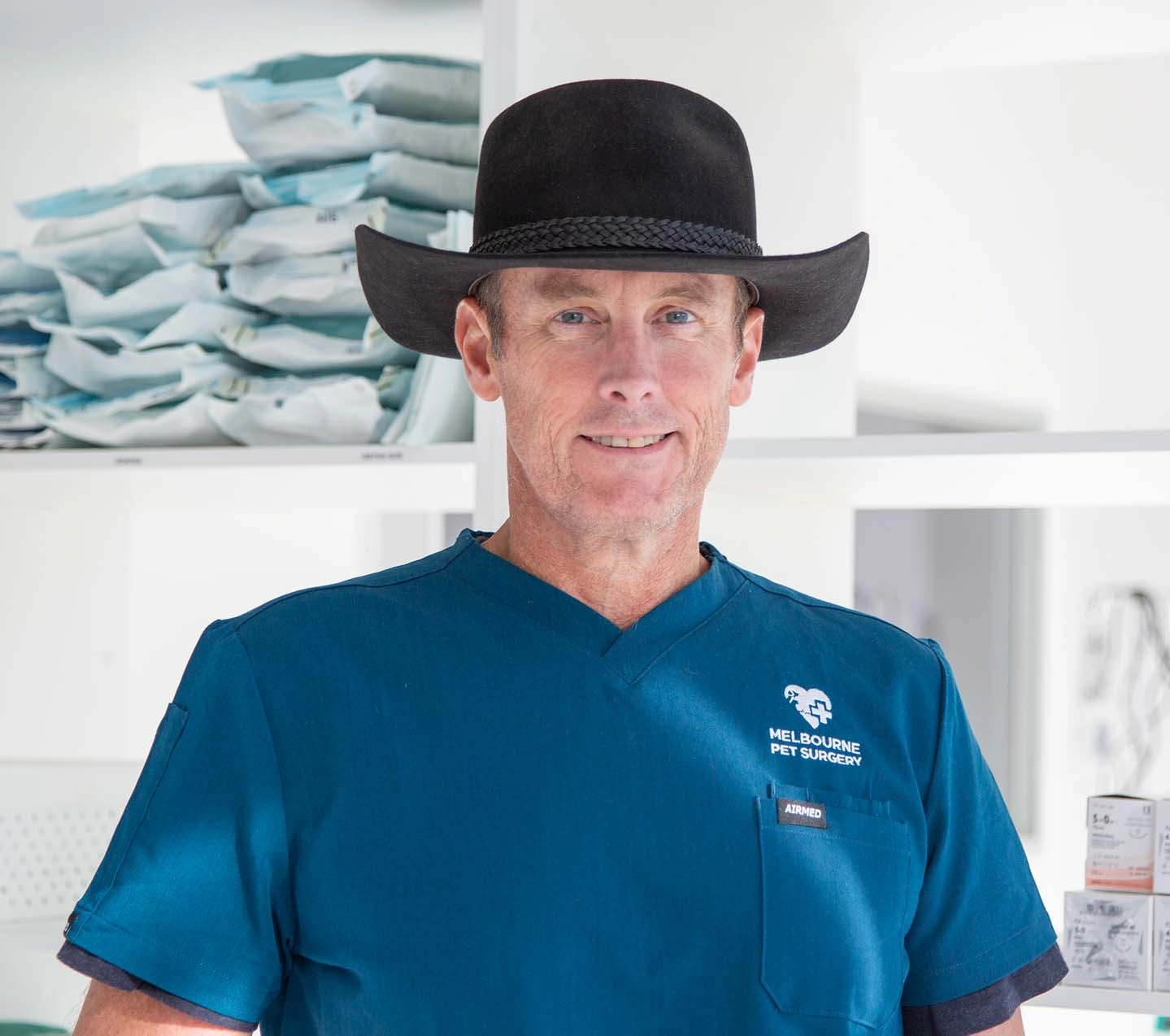Splenic Tumours
What is a splenic tumour?
Certain breeds – like Boxers, Pointers, German Shepherds and Golden Retrievers – are more predisposed to developing splenic tumours than others.
Masses are sometimes able to be felt during an examination of your pet’s abdomen. Alternatively, an x-ray can also be used to reveal the tumour’s location. Other tests can also be performed, such as a blood test to check for blood loss. An ultrasound can also be used to help determine which organ the mass has developed in.
Procedure cost
These sorts of procedures can cost as little as $2,000 and $2,800 at Melbourne Pet Surgery. A blood transfusion will cost an extra $600 whilst additional procedures (like histopathology) will cost an extra $655 on average. Compare this to a referral centre where you would likely see a bill over $10,000.
Optional pre-anaesthetic blood test available for all surgeries (additional cost)
Recovery and aftercare
In most cases, your pet will spend the night in hospital before being discharged to continue recovering at home. One of the main reasons that referral centres have such high costs is due to their insistence on animals staying until they’ve completely recovered – which can often cost somewhere between $1,000 and $2,000 per day! It is our experience that most owners would prefer their pets recover at home with them, and they are more than capable of providing care after surgery. Your pet will be sent home with antibiotics and pain relief (tablets and slow release patches).
If the splenic mass is benign, your pet may live for a number of years following the surgery. If the tumour has already spread, however, they may live comfortably for another three to six months before other issues arise as a result of spleen cancer in dogs (such as bleeding or breathing difficulties). The life of your pet may also be extended with chemotherapy.

